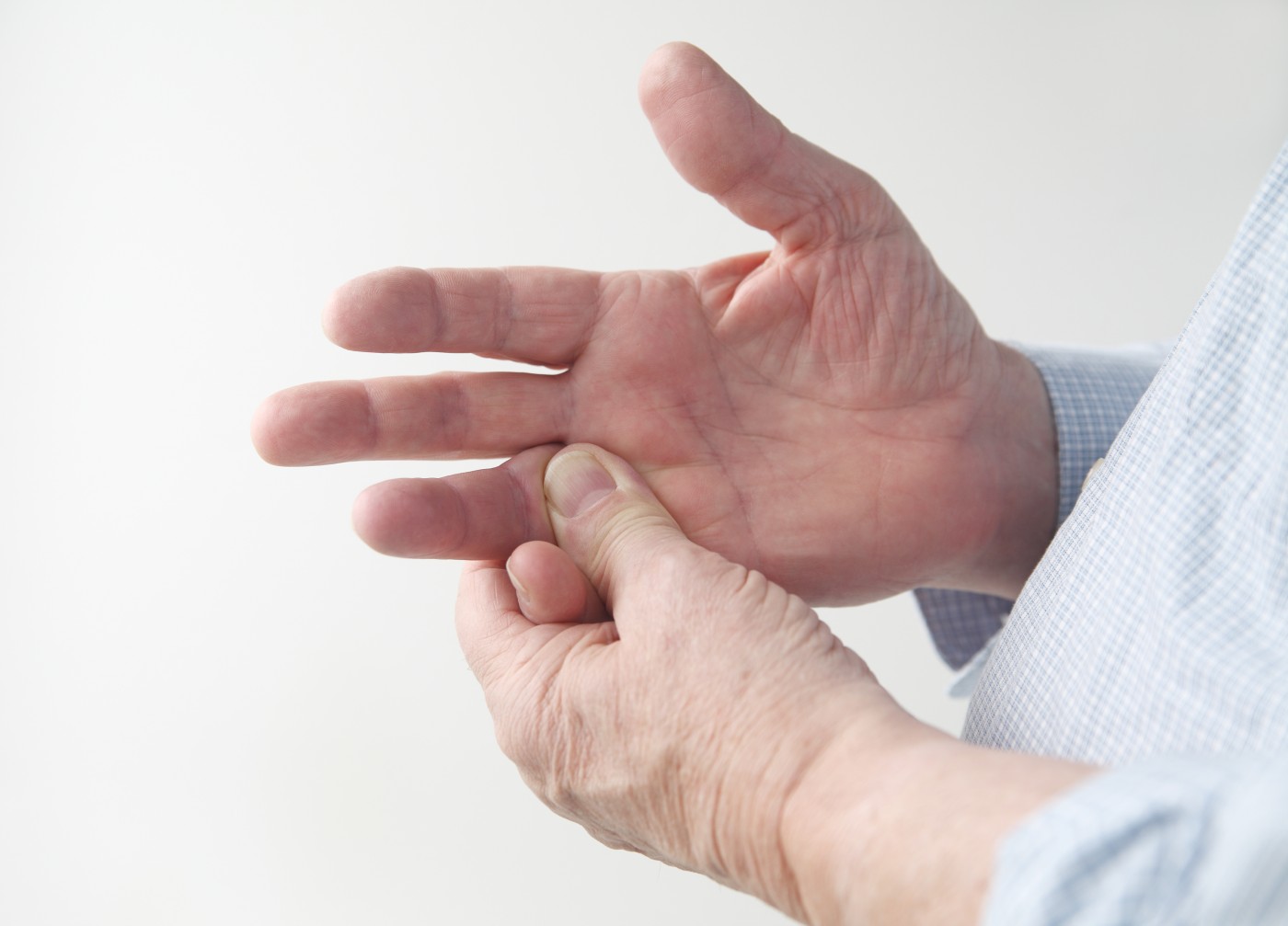Botulinum Toxin Type A (Btx-A) treatment for Raynaud’s phenomenon (RP) may not be effective for all patients diagnosed with scleroderma, according to researchers.
The study, “The Therapeutic Efficacy of Botulinum Toxin in Treating Scleroderma-Associated Raynaud’s Phenomenon: A Randomized, Double-Blind, Placebo-Controlled Clinical Trial Assessing,“ was published in the journal Arthritis & Rheumatology.
The Phase 3, randomized, double-blind, placebo-controlled trial (NCT02165111) enrolled 40 patients: 25 with limited scleroderma and 15 with diffuse scleroderma. The goal was to test the effectiveness of Btx-A injections as a treatment for Raynaud’s.
Each trial participant received an injection of Btx-A (50 units in 2.5 mL) in one hand and a placebo injection (with 2.5 mL sterile saline solution) in the other hand. Hands were picked randomly without the knowledge of the participant. Superficial subcutaneous blood-flow-speed was measured after one and four months of the treatment using a noninvasive Laser Doppler Imaging (LDI) system.
Researchers found that blood flow to the hands did not improve significantly in the 40 patients with scleroderma enrolled in the study.
In fact, one month after Btx-A injection, there was even a reduction of the blood flowing to the hands of the participants.
“To our knowledge, this is the first randomized, placebo-controlled, double-blind, clinical trial evaluating Btx-A injections in patients with RP secondary to scleroderma. In contrast to other studies, our study demonstrated a significant decrease in blood flow with Btx-A,” the researchers wrote.
This blood flow reduction happened particularly within the participants with long-lasting Raynaud’s and diffuse scleroderma. The results were generally more favorable for patients with limited scleroderma and with earlier RP.
These differences in response to the Btx-A injections among study participants may point to the existence of subgroups of scleroderma patients where this treatment is more effective than to others.
Two of the patients enrolled in the study experienced weakness of the intrinsic muscles of the hand seven days after the injection of Btx-A and both fully recovered function after three and nine weeks.
“To our knowledge, robust studies using randomization, blinding, or placebo controls are not published,” the team noted. “We studied a heterogeneous group of scleroderma patients, showing that results were generally more favorable for patients with limited scleroderma and those with earlier RP who may have more modifiable disease. Stratification into more homogeneous patient populations may benefit future studies.”
The team concluded that their results “do not support using Btx-A to treat RP in all scleroderma patients.”
Botulinum Toxin Type A is sold under the brand name Botox and is approved for cosmetic purposes and as injections in the scalp every three months to treat migraine headaches.


